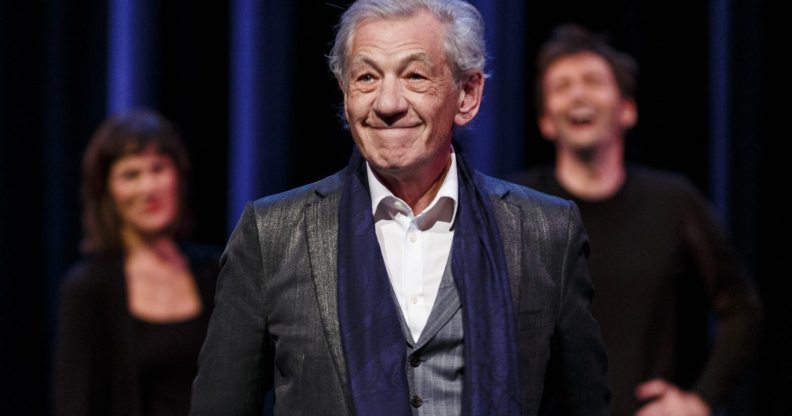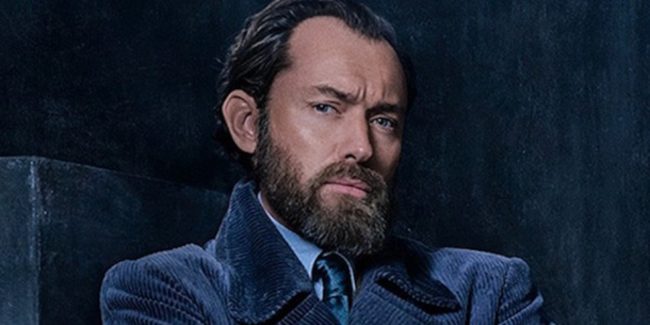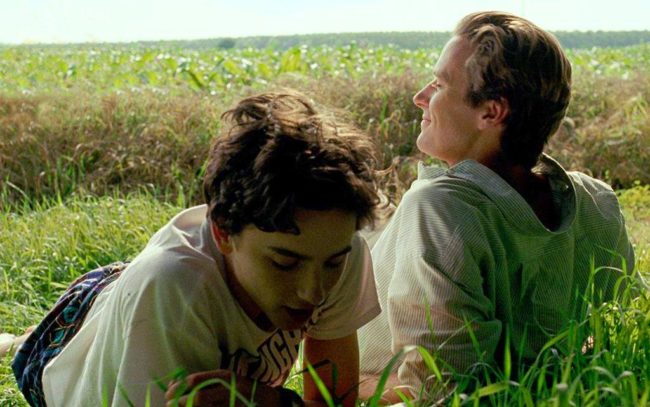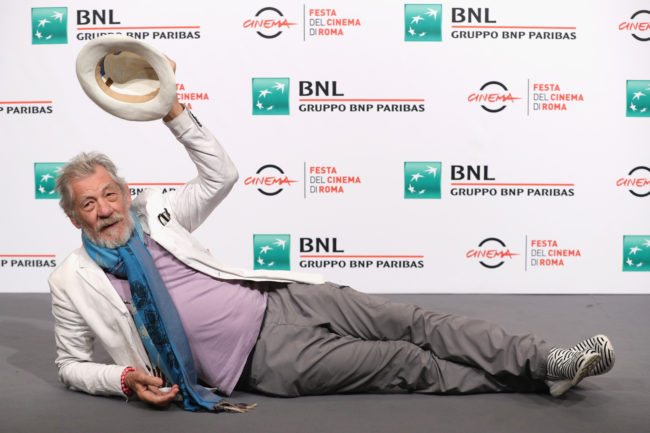Ian McKellen on LGBT representation in Hollywood: ‘gay men don’t exist’

(Tristan Fewings – WPA Pool / Getty Images)
Sir Ian McKellen has criticised the lack of representation of LGBT people in mainstream films.
In an interview with TimeOut, the award-winning actor and LGBT rights activist hit out at the film industry for failing to represent minority groups.
In January, director David Yates directly confirmed that Dumbledore would not be portrayed as “explicitly gay” in the upcoming Fantastic Beasts sequel – despite JK Rowling’s famous reveal that Dumbledore is gay.

Jude Law as Dumbledore (Warner Bros)
When asked about this representation of Dumbledore – a role he was approached for the original films – McKellen made a wider point about LGBT representation in Hollywood.
McKellen said: “Well, nobody looks to Hollywood for social commentary, do they?
“They only recently discovered that there were black people in the world.
“Hollywood has mistreated women in every possible way throughout its history. Gay men don’t exist.”
The veteran actor added: “Gods and Monsters, I think, was the beginning of Hollywood admitting that there were gay people knocking around, even though half of Hollywood is gay.”

(Getty)
McKellen’s criticism echoes the criticisms included in a major report that stated LGBT representation in major films had significantly declined within the last year.
On Tuesday LGBT media advocacy organisation GLAAD released its sixth annual Studio Responsibility Index, which records the number of LGBT people featuring in films released by the seven biggest motion picture studios.
According to the research, in 2017 only 14 major studio releases had LGBTQ characters, making up only 12.8 percent of films.
Related: Actor turned away from agency because it ‘already had a gay actor’
This is a 5.6 percent decrease within one year, as LGBT characters were included in 18.4 percent of major films released in 2016.

(Call Me By Your Name)
GLAAD counted only 28 explicitly LGBT characters represented in major films released in 2017, a decrease from 70 characters in 2016 and 47 in 2015.
This means that the films of 2017 represent a tie for the lowest number of LGBT inclusive films since GLAAD began to track LGBT representation in 2012.
Gay men were seen to be the most well represented in the limited number of LGBT inclusive films, with 64 percent of inclusive films featuring a gay male character.

(Vittorio Zunino Celotto/Getty Images)
In comparison, no major studio released a film that included a transgender or non-binary character in 2017.
GLAAD has now introduced a suggested quota for major film studios, where 20 percent of releases include meaningful LGBT characters by 2021, upping this to 50 percent in 2024.
GLAAD also highlighted that many LGBT characters in films were straightwashed, contradicting more inclusive source material.
On May 16, the upcoming biopic of Freddie Mercury Bohemian Rhapsody faced sharp criticism and allegations of straightwashing by former American Gods showrunner Bryan Fuller.

